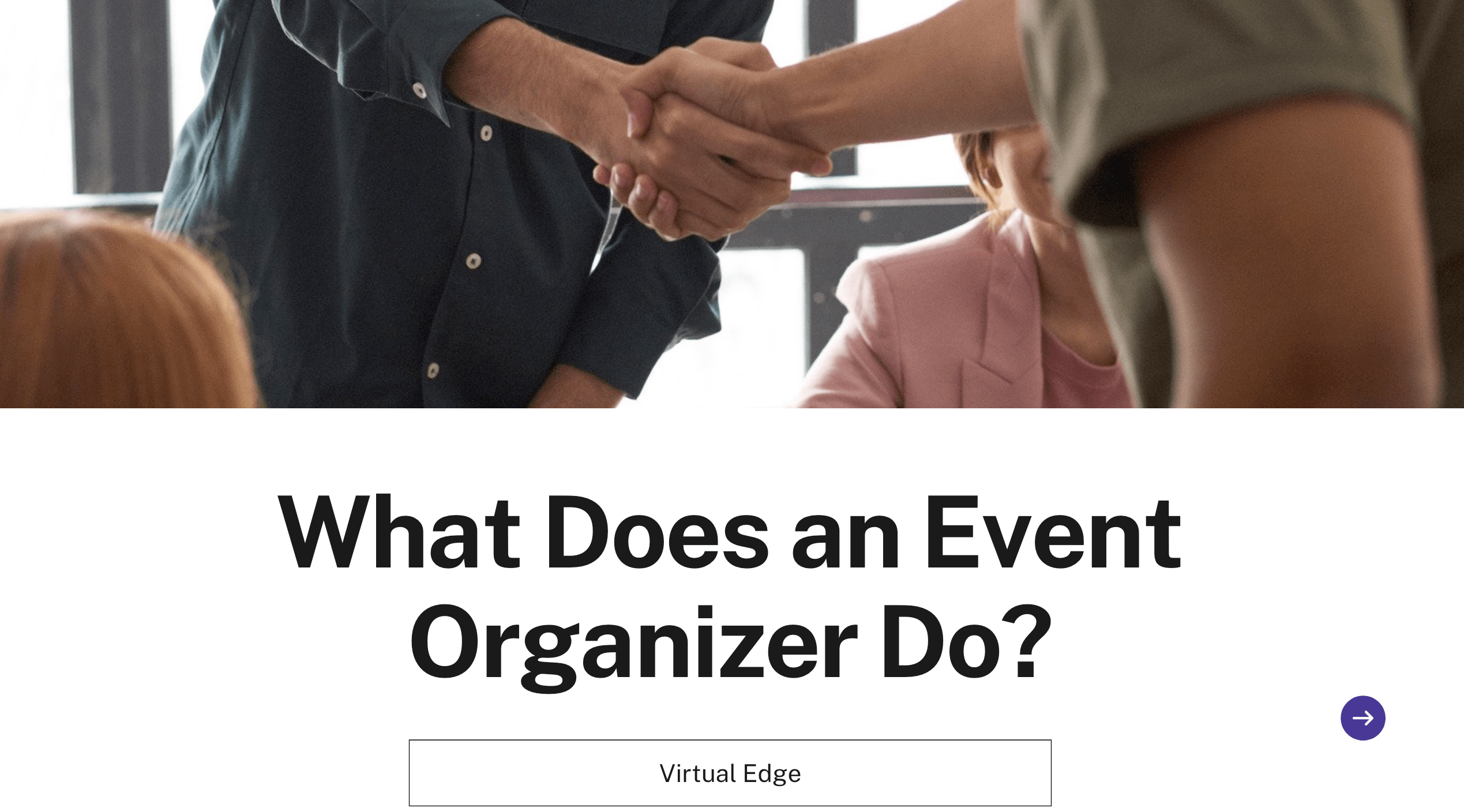There are many soft skills and hard skills that a good event organizer must have, today more than ever, the need to have real specialists who guarantee the success of the event thanks to solid multidisciplinary training and a special skill when it comes to putting into practice the so-called soft skills is more evident than ever.
What are the functions of an event planner?
An event organizer is a professional who masters different fields, his work starts with the design of the event and goes up to the analysis and evaluation of the results, once it is finished.
To better understand what are the functions of an Event Planner, let’s know the different phases that the organization of an event goes through and the activities performed in each one of them:
Design Phase
In this phase the event is outlined and defined, it is a stage of information gathering and clarification of objectives, the steps to follow in this stage are:
- Analyze the client. The event organizer must know the host company perfectly, what is its mission, vision, what values it transmits, what is its team like, what is its history, and where it is going, in short, the corporate culture and the spirit of the brand.
- Identify those you want to delight in the event. It is just as important to know the host company (client) as it is to know the target audience; correctly outlining the guest profile will be fundamental for the design.
- Define the objectives What do you want to achieve with the event? Having a clear objective will allow us to focus efforts and not to divert resources, in the final phase of the event the results will be analyzed according to these objectives.
Planning phase
In the event planning phase, the lines of work are defined, the event begins to materialize, decisions are made and functions are distributed:
- The date is decided, taking into account the events that could coincide, interfere or hinder travel (soccer matches, industry congresses, demonstrations…).
- Select the type of event. Will it be a face-to-face, hybrid or online event? Multiple options are taken into account for possible changes and eventualities.
- Inspection visits are made and the venue is chosen, taking into account: The design of the event itself, accessibility, sustainability, technology…If the event is online or hybrid, the technology and applications to be used are determined.
- The number of attendees is established and classified (VIPs, speakers, sponsors…).
- Suppliers and collaborators are selected, lines of action are drawn for each of them, contracts are made (contracts are negotiated, cancellation clauses, penalties, commissions, payments…).
- Licenses are requested and any authorizations that may be necessary for the development of the event are processed.
- The chronogram is elaborated, a work calendar in which the times to execute each one of the necessary tasks to carry out the event are fixed, thanks to this planning we control if the established terms are fulfilled or not.
- The event schedule is prepared, a script that establishes the order of the contents, videos, presentations, etc. It serves as a guide for the technicians operating the event.
- The program of the event is designed, which will be delivered to the attendees and contains a general description of what will happen that day, the contents, the speakers attending, duration, and schedules.
- The Marketing and Communication Plan is prepared, depending on the type of event, campaigns can be carried out through Social Networks, SEM campaigns, preparation of press releases, landing page… This section would also include the selection of merchandising and the design and production of corporate image pieces such as posters, accreditation design, and communications.
- The final budget is established, at this point, the Event Planner has the total costs under control.
Production Phase
The production phase includes both the previous assembly and the development of the event, it is the moment of truth, if the previous phases have been worked conscientiously, we can trust that the event will be developed without incidents:
- Control and supervision of the assembly of the event, the spaces are prepared as planned, a general rehearsal is performed and a checklist is completed to verify that all points are controlled.
- Coordination and supervision during the event, in order to ensure that the event is carried out as planned, that times are met and services are offered according to the established quality standards, any possible unforeseen events are solved (we will be aware of all the details such as temperature, lighting, possible requirements of the speakers…).
- Dismantling control, once the event is over, it is necessary to control that no damage has occurred in the venue or in the materials that have been rented, it will be verified that the ephemeral elements are recycled and those that are reusable for other events will be recovered. The team is thanked for their work.
Post-event
It is time to take stock, analyze the results and check if the objectives have been achieved, the information collected will be very valuable as it will help in the organization of future events and the detection of new needs:
- All the information generated by the event (press, questionnaires, comments…) is collected.
- The following questions are asked: What has worked? What has failed? What could be improved? Have the objectives been achieved? What new needs have been detected?
